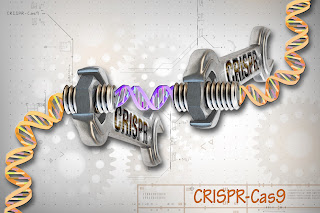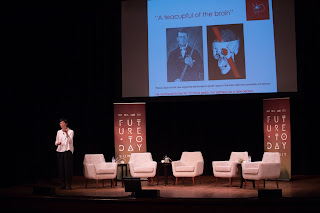Is Neuromarketing Influencing Pathological Shopping Behavior?

By Elena Lopez Elena Lopez is currently pursuing her BBA at Goizueta Business School and is also pursuing a degree in Neuroscience at Emory College of Arts & Sciences. She is involved in volunteer-related organizations that help those with limited resources and offer free consulting services, such as Volunteer Medical Interpretation Services and Emory Venture Strategic Partners. Elena developed a curiosity for neuroethics after attending the NBB Paris study abroad program and the 3rd international Neuroethics Network conference. She hopes to combine her passion for science and business in her future career goals. Just over a month has passed since the biggest holiday shopping season of the year, and many Americans are already planning how they will financially recover from their overspending and failed budgeting plans. Financial sites like Forbes and the CNBC personal finance page have already come out with articles titled "Oops, you overspent on the holidays" and "



